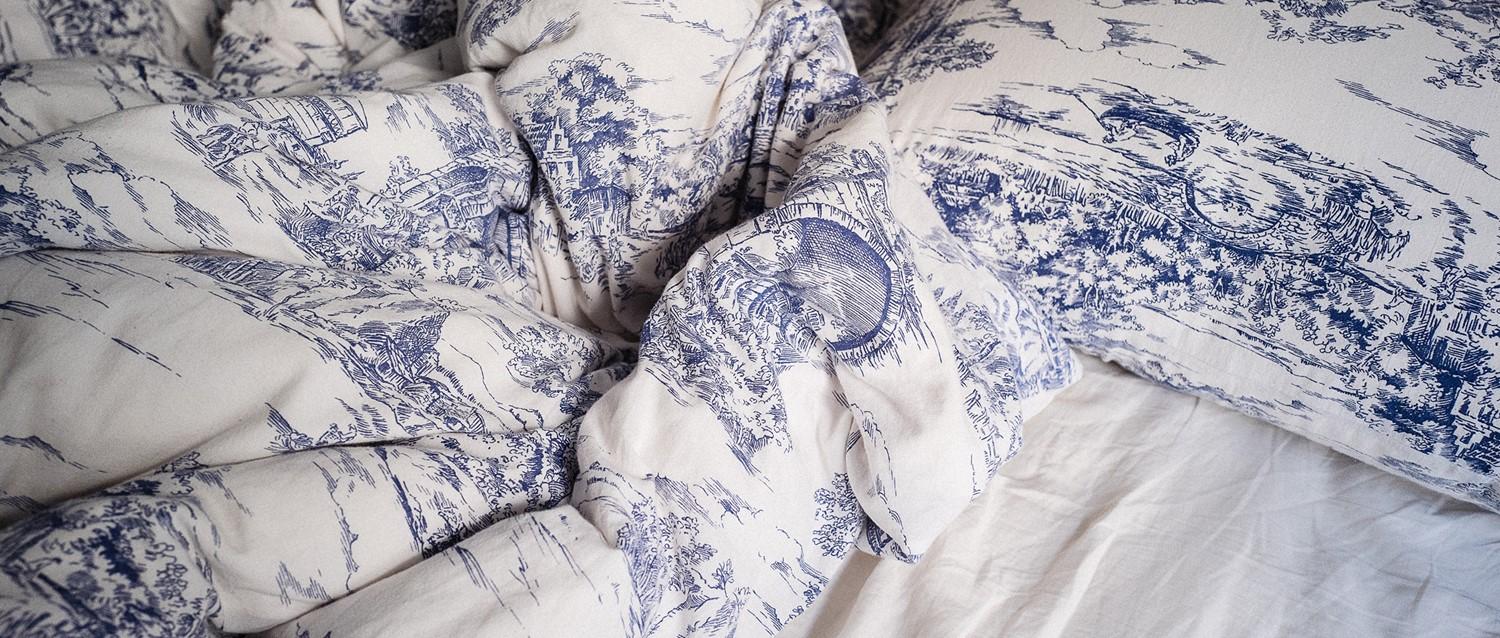
How long should a power nap be?
Peer reviewed by Dr Sarah Jarvis MBE, FRCGPAuthored by Georgia GallantOriginally published 21 Mar 2019
- DownloadDownload
- Share
There are countless benefits to a good night's sleep, such as increased focus, memory retention and creativity. But it's not always easy to get your recommended seven to eight hours. We asked an expert for their advice on power naps and if they make a difference to your overall health.
In this article:
Power naps are nothing new. The artist Salvador Dali wrote in his memoir that he would sit on a chair with a key in his hand held over a plate. As soon as he fell asleep the key would fall, waking him up so he'd be ready to work. There has even been a study by NASA suggesting that 26 minutes is the optimal napping time to increase alertness and performance. It seems great minds think alike.
In terms of our physical health, a recent study has revealed that a short midday nap can keep high blood pressure at bay, and has a similar effect to other lifestyle changes that can lower it.
I used to consider a power nap as a couple of hours of rest, but considering we sleep in roughly 90-minute cycles, is taking a few hours out of your day more likely to leave you feeling even more groggy than before? What counts?
Continue reading below
What is a power nap?
"Firstly, it’s important to differentiate between a necessary nap, a social nap and a power nap," reveals Professor Colin Espie, co-founder of Sleepio.
Some naps are more important than others, it seems.
"A necessary nap is taken when a person realises they are very sleepy - perhaps dangerously sleepy - eg, when driving or in a position of risk. In these cases, a person should always act responsibly. A social nap is more of a cultural norm where others are doing the same thing (eg, a siesta), and involves taking a break during the day," he continues. "Finally, a power nap is often a tactic used to try to reboot during the day."
While most people won't benefit from a cultural siesta, you may be able to sneak in a quick nap on your commute or lunch hour if you really feel the need to recharge.
Mark Cropley, professor of health psychology at the University of Surrey, suggests that just "twenty minutes is sufficient to turn off the nervous system and recharge the whole body", as any longer than thirty minutes will put you in a deep sleep and outweigh any short-term gains.
However, Espie suggests just five to 10 minutes of rest can take the edge off of tiredness.
"Effectively, it can function as a useful pause from work. For this reason, if you're going to take a power nap, it's best taken after lunch between 1-3 pm, when we have a natural lull in our levels of alertness - and certainly before 4 pm."
Patient picks for Relaxation and sleep

Healthy living
Can you really die from lack of sleep?
If you've ever gone without sleep for an extended period, you will know it isn't exactly a good idea. Even one night of broken sleep can cause problems the next day - and there can be few things worse than not getting enough shut-eye for weeks on end.
by Abi Millar

Healthy living
Sleep debt calculator
Open the sleep debt calculator.
by Patient infomatics team
Are there any benefits?
If you're a new parent you might use your baby's nap time to get things done, but a power nap for yourself could make the world of difference, leaving you more refreshed and energetic.
"If you're short of sleep and struggling to keep your eyes open, a short nap in the early afternoon can help to restore alertness and improve your mood," assures Espie. "However, a nap taken because you are struggling to stay awake would be considered a 'necessary nap' and not a 'power nap'."
While naps certainly can have short-term benefits, they're no substitute for a proper routine.
"Sleep is not a commodity to be turned off and on as we see fit. Naps don't replace the need for nighttime sleep," Espie stresses.
Continue reading below
It's all about timing
One way to improve your sleep behaviour is to plan when to go to bed depending on the time you need to wake up. This ensures you will not wake up mid-cycle during a deep sleep, which could leave you more likely to hit the snooze button.
But if you are looking to take a nap, it's best to keep it short, says Espie.
"If you fall asleep and wake up when you're in deep or slow-wave sleep, it can take some time to awaken before you're fully alert. This is known as 'sleep inertia', and may defeat the purpose of the nap," he explains.
Remember, if you find yourself regularly napping for lengthy periods due to sleep deprivation this is no longer a nap. Espie calls this 'consolidated sleep' - and it means that you're not getting enough at night.
Sleeping on the job
Capsule hotels made up of pod-like rooms have been popular for busy workers in Japan for decades. Similarly, 'nap bars' are popping up around the globe, allowing city workers room rental for up to two hours to rest. As busy working lifestyles become the norm, some companies are even testing the benefits of allowing their employees 20 minutes to recharge at the office, with designated nap spaces being introduced. But how would this affect you day-to-day?
"If we are extremely sleepy during the day then we should stop and take a nap - especially if our jobs require alertness (lorry drivers, for example) - again, this would be an example of a necessary nap rather than a power nap," says Espie.
And caffeine could be particularly helpful here too, he reveals.
"When it comes to reducing sleepiness before driving, research suggests that consuming a strong cup of coffee before napping for 15-20 minutes can improve alertness on waking," he reveals. "This is because it takes 15-20 minutes for the effects of caffeine to kick in, so you experience the restorative napping benefits on top of a caffeine boost."
Continue reading below
More than meets the eye
If you do find yourself constantly tired, there could be an underlying cause. When it comes to necessary naps, it's important to examine the reasons behind it, such as stress or anxiety.
"Perhaps it's because we haven't been getting enough sleep at night, which is not healthy, or maybe because there's an underlying sleep disorder that requires treatment," reveals Espie.
If you often feel the need to fall asleep without warning, it's important to see your GP.
Espie suggests cognitive behavioural therapy (CBT) for those with insomnia, based on extensive clinical trial research.
Finding your rhythm
If you really want to overhaul your sleep schedule and rest in shorter bursts continuously, you could think about whether polyphasic sleep will work for you.
But before you consider such an extreme sleep schedule, it's worth setting a routine. Try limiting your out-of-hours email checking and technology use after a certain point in the evening. You could also invest in a SAD lamp if you don't work somewhere with lots of natural light, as this can have a significant impact on mood and energy levels throughout the day.
"One of the most important things when it comes to sleep is to maintain a regular schedule from day to day. For some people, this will include napping, but for others it will not. It comes down to what works for you," says Espie.
"However, there is no substitute for prioritising nighttime sleep, so it's very important not to get into the habit of using these brief naps as an excuse for short-changing your sleep quota. I wouldn't particularly advocate power naps," he cautions.
In addition, if you're suffering from insomnia, napping during the day can make you less able to get to sleep at bedtime, so should be avoided. And if you do have insomnia, you should be avoiding lie-ins as well to avoid putting your body clock out of synch - sorry!
Article history
The information on this page is peer reviewed by qualified clinicians.
21 Mar 2019 | Originally published
Authored by:
Georgia GallantPeer reviewed by
Dr Sarah Jarvis MBE, FRCGP

Ask, share, connect.
Browse discussions, ask questions, and share experiences across hundreds of health topics.

Feeling unwell?
Assess your symptoms online for free